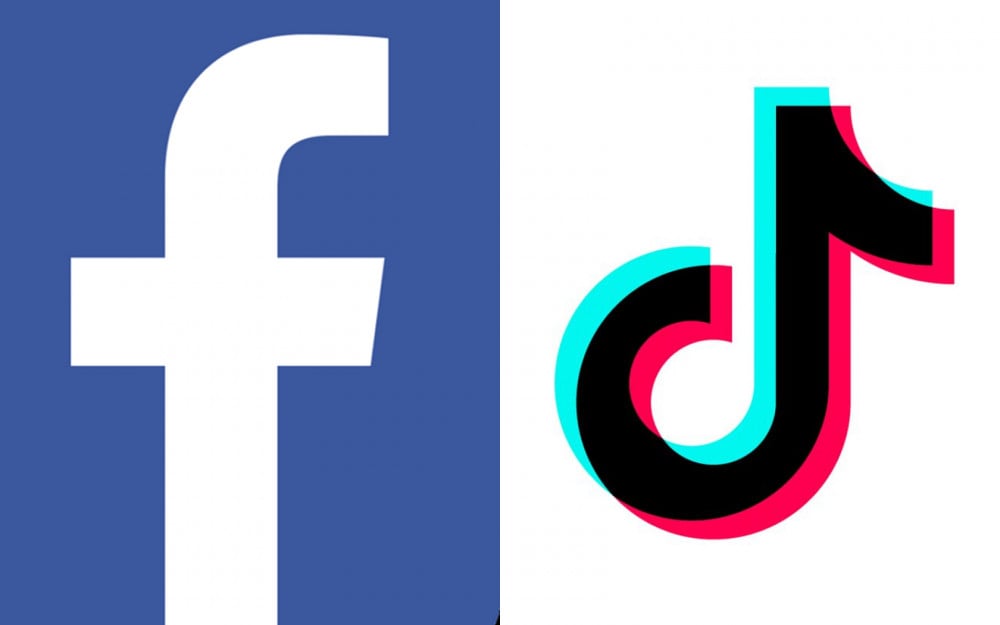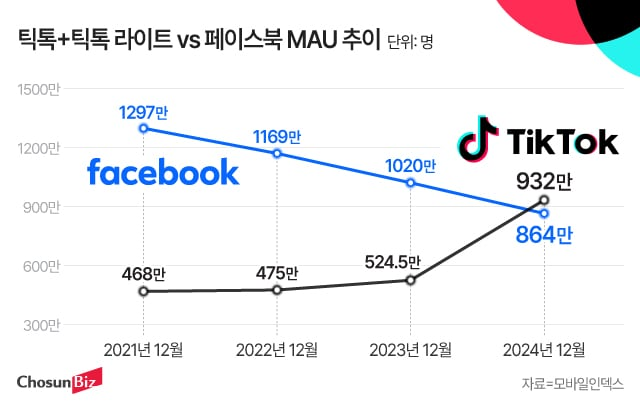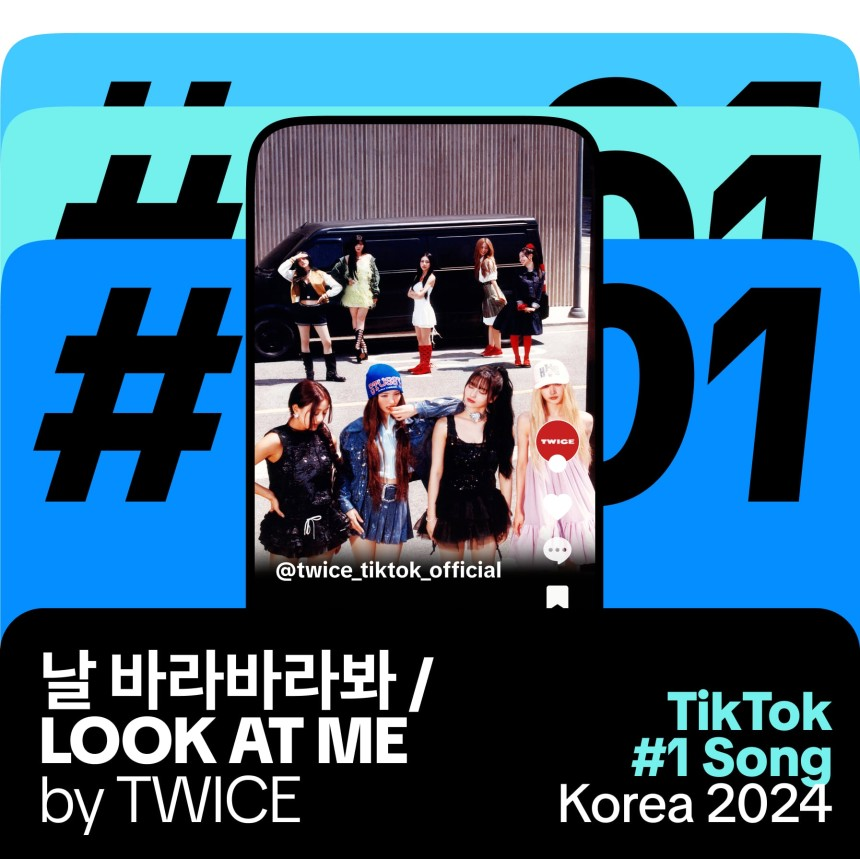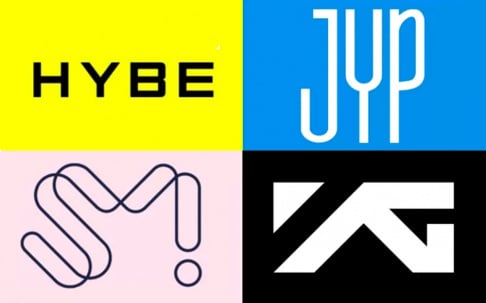
TikTok, currently facing the threat of being banned in the United States, has overtaken Facebook in South Korea, fueled by the rising popularity of short-form video content.
The combined monthly active users (MAU) of TikTok and its lighter version, TikTok Lite, have surpassed Facebook, with TikTok Lite's explosive growth leading the charge.
According to data from mobile analytics platform Mobile Index on January 21, TikTok recorded an MAU of approximately 4.67 million in December 2024, while TikTok Lite reached 4.65 million. Together, the two apps achieved a combined MAU of 9.32 million users, surpassing Facebook's 8.64 million by 680,000 users, marking the first time TikTok has overtaken Facebook in South Korea.
TikTok Lite has been a driving force behind TikTok's success. Starting with just 310,000 MAU in January 2024, it grew over 15 times by December 2024, becoming a key player in TikTok's ecosystem. Its rapid growth is attributed to its unique features, such as data-saving capabilities and support for low-spec devices.

TikTok Lite focuses on content consumption with a lightweight app size and minimal data usage while retaining TikTok's powerful recommendation algorithm. This strategy has significantly broadened its user base. Meanwhile, the main TikTok app continues to attract users with advanced editing tools and live streaming features, maintaining a stable MAU. Together, the two apps complement each other and expand the TikTok ecosystem.
TikTok's AI-powered personalized content recommendations have played a major role in its success, keeping users engaged and introducing new content daily. Its short-form videos, known for their addictive and quick-to-consume nature, have gained widespread popularity, particularly among Gen Z and Millennials.
In contrast, Facebook, once the dominant player in the social media market, is seeing a decrease in users every year in Korea. Facebook saw its MAU drop by 13% from 9.91 million in January 2024 to 8.64 million in December 2024. Industry experts attribute this decline to the platform's inability to adapt to the short-form video trend and the increasing loss of younger users.
In the U.S., TikTok has faced scrutiny over potential data privacy risks. In April 2024, Congress passed legislation banning TikTok due to concerns that its parent company, ByteDance, was collecting large amounts of user data, posing a national security threat.
The U.S. government warned that if ByteDance does not sell its U.S. TikTok operations, the app could face a full ban. As a result, TikTok temporarily suspended its services in the U.S. However, on January 20, 2025, newly inaugurated President Trump issued an executive order to restore TikTok services while granting a 75-day reprieve to seek a resolution.

According to The Wall Street Journal, President Trump stated, “If the negotiation to sell TikTok’s U.S. operations fails, I am prepared to exercise the authority to ban or shut down the service.”
The uncertainty surrounding TikTok’s operations in the U.S. has raised concerns about potential impacts on its global services. Since TikTok operates most of its systems and data centers globally, restrictions in one country could indirectly affect its services in other regions.
A platform industry insider commented, “TikTok has rapidly overtaken traditional platforms like Facebook by leading the short-form content trend. However, the regulatory risks in the U.S. could affect TikTok’s ad revenue and operational stability, even in markets like South Korea.”
 SHARE
SHARE

















































